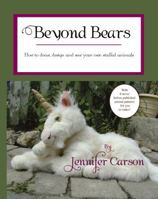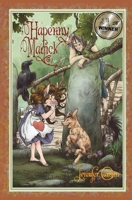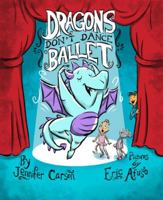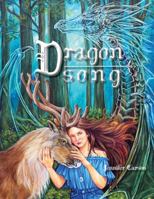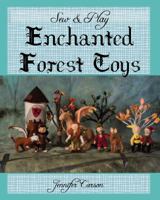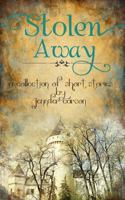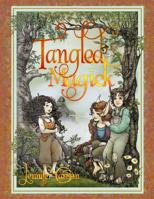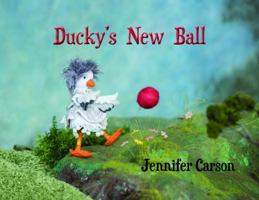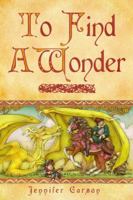More by Jennifer Carson
Book Overview
She is a feisty social worker. He is an accomplished chiropractor. Her life needs an adjustment, and he's just the man to do it.
Addisyn "Addie" Gabriel always knew she needed an alpha male to take her in hand. Former Marine Special Forces Operator turned chiropractor, Doctor Bradley Murphy, is that and so much more. Addie soon discovers that happiness lies with following the doctor's orders.
Format:Paperback
Language:English
ISBN:1645632202
ISBN13:9781645632207
Release Date:February 2020
Publisher:Blushing Books
Length:162 Pages
Weight:0.40 lbs.
Dimensions:0.4" x 5.0" x 8.0"
Customer Reviews
6 customer ratings | 5 reviews
There are currently no reviews. Be the first to review this work.













